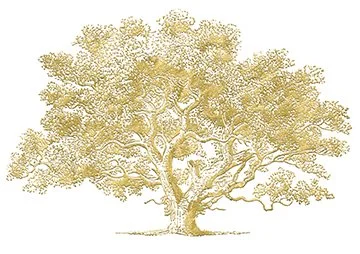Imago Dei
Michelangelo, Creation of Adam, circa 1511, Sistine Chapel fresco; Public Domain; additional artwork & collage by Juliette Pierce Kent
The claim of the Bible is that we are created in the image of God, each with a unique and singular soul, and that we are destined for eternal life with Him. God became human, in the person of Jesus Christ, so that we might share in His divine nature. Imago Dei, made in God’s image and likeness, is the only inviolable and inalienable source of equality, dignity, and freedom. Without this source, the worth of a human being is forever held captive to the vicissitudes of power and history.
The Bible teaches that we are lost, that this world is inherently deceptive. The deceit in the Garden of Eden, when the serpent sabotaged trust in the Father, poisoned and scattered human consciousness. Love cannot exist without freedom and God created us as persons with freewill. Freedom entails risk and responsibility. As it always has, evil’s primordial deception multiplies exponentially. In the glare of a materialist, relativist, post-rational world, where the common belief that reality is reducible to matter and physical processes, and where truth no longer exists, the human soul is imprisoned: chained to its worldview. And this worldview is so all-encompassing that it has become invisible. We are blinded by the gods of this present age. What it is to be human is now a question mark; trans-humanism looms on the horizon.
Yet the seed of eternity dwells within us and continually lifts our gaze upwards. The desire for God is written in the human heart. (1) Nothing created in this world can ultimately fulfill our deepest longings, because in our nature we always thirst for something more than this world. There is an “infinite abyss” within the soul that “can only be filled with an infinite object: which is to say, with God Himself.” (2) C. S. Lewis wrote: “If I find in myself desires which nothing in this world can satisfy, the only logical explanation is that I was made for another world.” (3)
The astonishing miracle of the Cosmos and our earthly home, in all its beauty, richness, and diversity, reveals a Creator whose power is beyond comprehension; and One who attends to even the smallest details. From spiral galaxies in seas of space, to nautilus shells and fields of sunflowers, the splendor of the Maker shines through; even if we cannot see, or we choose to believe in blind forces, randomness, and “pitiless indifference.” (4) We are bathed in a meaningful universe, filled with plan and purpose.
No eye has seen, no ear has heard, and no mind has imagined the things that God has prepared for those who love him.
1 Corinthians 2:9
Lord, when I consider your heavens … what is humankind that you care for them? You have made them a little lower than the angels.
Psalm 8
References
(1) Catechism of the Catholic Church
(2) Blaise Pascal (mathematician & physicist), from his book Pensees
(3) C. S. Lewis, Mere Christianity
(4) Richard Dawkins, evolutionary biologist, University of Oxford

